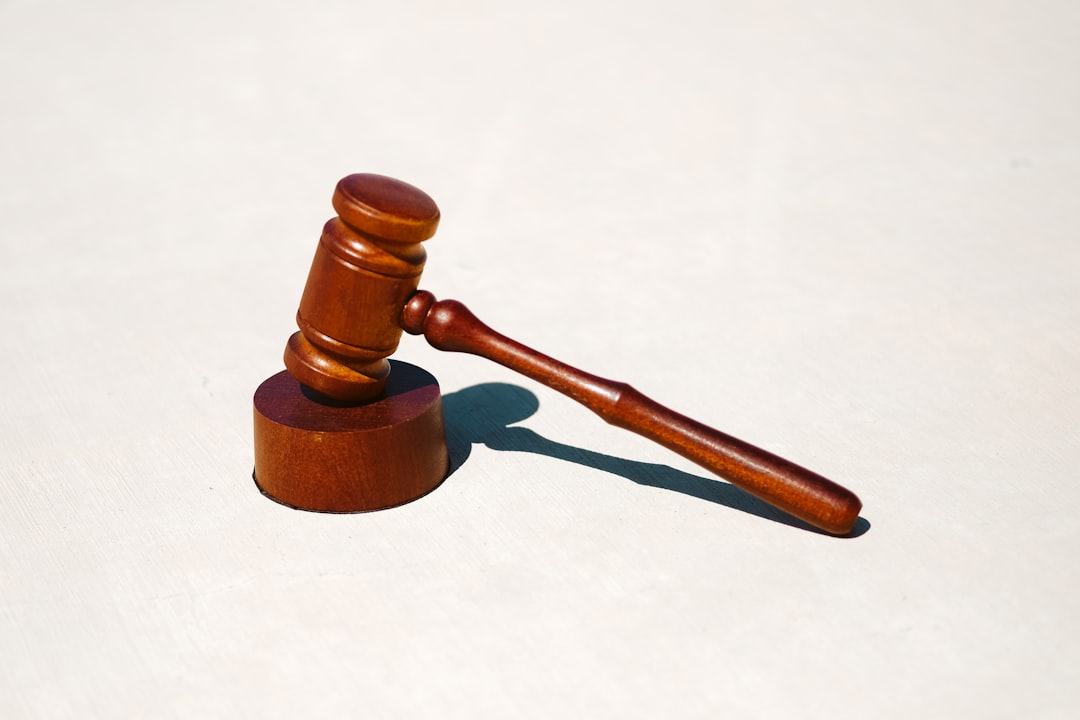Restorative Justice is an alternative approach in Washington state to address sexual assault cases, focusing on healing and reconciliation rather than punishment. Sexual assault attorneys collaborate with these programs to support survivors, fostering open dialogue and understanding among all parties. Everett residents can benefit from local specialists who promote restorative justice, offering victim-offender meetings, restitution, and emotional expression. This method aims to repair relationships, empower survivors, and contribute to community well-being, providing a more supportive alternative to traditional legal systems for sexual assault cases. Specialized sexual assault attorneys in Washington play a crucial role by balancing dialogue, safety, and legal compliance, ensuring a holistic sense of justice for survivors.
In the pursuit of justice and healing, particularly for survivors of sexual assault, Restorative Justice (RJ) offers an alternative approach. This article delves into the potential of RJ options in Everett, Washington, highlighting its benefits and challenges. We explore how sexual assault attorneys in Washington State play a crucial role in facilitating these processes, ensuring accountability while fostering healing. Through understanding RJ principles, we can navigate complex cases effectively, providing support tailored to survivors’ needs.
Understanding Restorative Justice: An Approach to Healing and Accountability

Restorative Justice is a powerful approach that focuses on healing and accountability, particularly in cases of sexual assault. Unlike traditional punitive measures, it emphasizes the repair of harm and the restoration of relationships within communities. This process brings together survivors, offenders, and affected parties to engage in open dialogue, foster understanding, and work towards reconciliation.
In the context of sexual assault, Washington state has recognized the effectiveness of Restorative Justice practices, with many advocates pushing for their integration into the legal system. Sexual assault attorneys in Washington often collaborate with Restorative Justice programs to offer survivors a more holistic support system. By facilitating these meetings, attorneys can help clients navigate the emotional and legal complexities while also encouraging accountability and community healing.
The Role of Sexual Assault Attorneys in Washington State

In Washington State, sexual assault attorneys play a pivotal role in advocating for victims and ensuring they receive justice. These legal professionals are equipped to handle complex cases involving sexual crimes, offering guidance and representation tailored to the unique needs of each client. With expertise in navigating the state’s legal system, they help victims understand their rights and options, especially when pursuing Restorative Justice initiatives.
Everett residents seeking restorative solutions for sexual assault can benefit from the specialized knowledge of local attorneys who stay updated on relevant laws and court precedents. By working closely with victims, these attorneys facilitate open dialogue, promote healing, and aim to achieve fair outcomes, often leading to more satisfying resolutions compared to traditional litigation paths.
Exploring Restorative Justice Options for Survivors in Everett

In Everett, exploring restorative justice options for sexual assault survivors is a crucial step towards healing and community accountability. Restorative justice models offer an alternative to traditional criminal prosecution by focusing on victim-offender dialogue, restitution, and reconciliation. This approach empowers survivors to take control of their healing process while fostering understanding and empathy within the community.
Everett’s implementation of restorative justice practices involves specialized sexual assault attorneys who facilitate meetings between survivors and offenders. These conversations aim to address the harm caused, promote accountability, and offer a space for emotional expression. By involving both parties in the process, restorative justice seeks to repair relationships and rebuild trust, ultimately contributing to the well-being of all involved and the broader community.
Pros and Cons of Restorative Justice Practices for Sexual Assault Cases

Restorative justice practices offer an alternative approach to traditional legal systems in addressing sexual assault cases, providing a potential pathway for healing and reconciliation. One of the primary advantages is its focus on restorative processes rather than punitive measures. This approach encourages open dialogue between the survivor, offender, and community, fostering accountability and empathy. It allows survivors to share their experiences, have their voices heard, and play an active role in the resolution process, which can be empowering and therapeutic. Moreover, it promotes community involvement, ensuring that justice is served while also supporting the healing and reintegration of all parties involved.
However, implementing restorative justice for sexual assault presents certain challenges. It requires a high level of sensitivity, expertise, and specialized training from all participants, especially sexual assault attorneys in Washington. The process may not always be suitable for every case or survivor, as individual needs vary greatly. Additionally, achieving a balanced dialogue between the victim and offender can be complex, and ensuring the safety and comfort of the survivor throughout is paramount. Despite these considerations, many survivors find restorative practices valuable for their personal growth and sense of justice, offering a more holistic approach to healing compared to conventional courtroom settings.
Effective Implementation: Strategies for a Successful Restorative Process

Implementing restorative justice for sexual assault cases requires careful strategies to ensure a successful and healing process. One key aspect is fostering an environment that encourages open communication and active participation from all involved parties, including survivors, perpetrators, and community members. This can be achieved through mediation sessions where everyone has a chance to share their stories and experiences without judgment, promoting empathy and understanding.
Additionally, involving sexual assault attorneys in Washington who specialize in restorative justice practices is essential. These legal professionals can guide the process, ensuring it adheres to legal requirements while also focusing on the emotional well-being of the survivor. They can facilitate difficult conversations, help set clear expectations, and navigate any legal complexities, allowing for a more streamlined and supportive experience for all participants.




